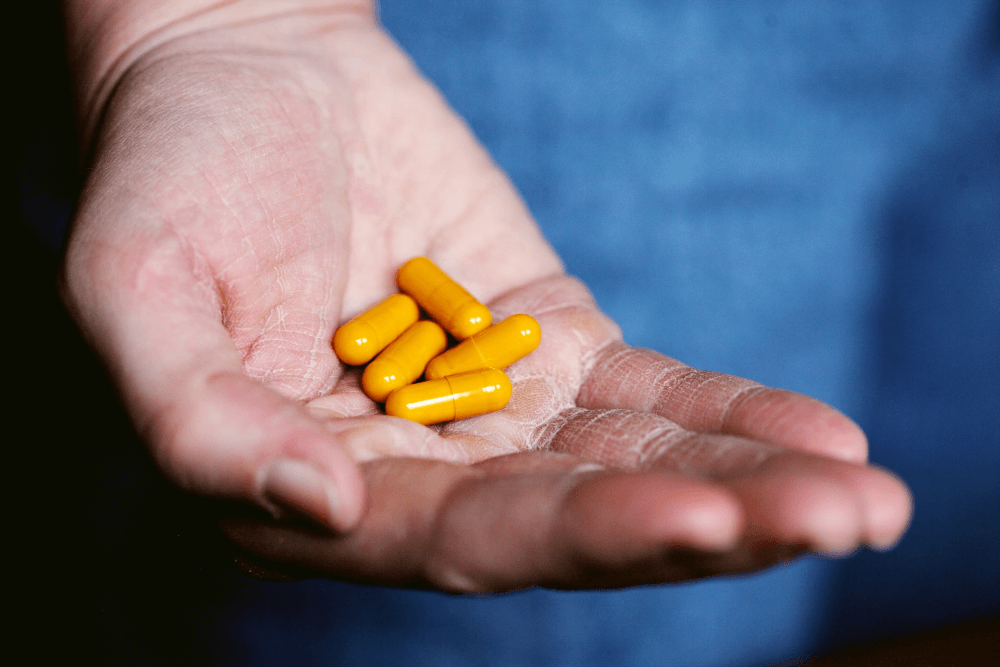Clenbuterol, a bronchodilator primarily used for treating asthma, has gained notoriety for its off-label use in weight loss and bodybuilding. Despite its popularity, there is growing concern about its side effects, particularly on male fertility. In this article, we will explore the impacts of Clenbuterol on sperm health, offering essential insights for individuals considering its use.
Before delving into its side effects, it’s crucial to understand what Clenbuterol is. It’s a β2-agonist that stimulates the beta-2 receptors in the body, leading to increased metabolic activity, fat-burning, and muscle growth. However, its use is not without risks.
Impact of Clenbuterol on Sperm Health
The use of Clenbuterol, commonly associated with its performance-enhancing and weight-loss benefits, has significant implications for sperm health, an aspect often overshadowed by its more immediate effects.
This in-depth analysis explores how Clenbuterol can profoundly and adversely affect various facets of sperm health, potentially leading to long-term fertility issues.
Comprehensive Impact on Sperm Motility
- Mechanism of Action: Clenbuterol’s influence on sperm motility is primarily due to its interference with cellular energy metabolism. It alters the energy production pathways in sperm cells, which are heavily reliant on mitochondrial function for motility.
- Research Findings: Studies have demonstrated a decrease in the percentage of motile sperm in individuals using Clenbuterol. This reduction in motility is not just quantitative but also qualitative, with a noted decrease in the progressive motility of sperm, which is crucial for navigating the female reproductive tract.
Insights into Sperm Morphology Alterations
- Morphological Changes: Clenbuterol can induce a variety of morphological abnormalities in sperm, such as elongated or misshapen heads and coiled or double tails. These abnormalities can hinder the sperm’s ability to penetrate the zona pellucida, the outer layer of the egg.
- Impact on Fertilization: Abnormal sperm morphology is directly linked to lower rates of fertilization. This is because the shape and structure of sperm are critical determinants of their ability to successfully fertilize an egg.
Effects on Sperm Concentration and Viability
- Sperm Count Reduction: Clenbuterol usage has been associated with a decrease in sperm count, an effect that may be due to its impact on the HPG axis and testosterone levels. A lower sperm count drastically reduces the chances of successful conception.
- Viability Concerns: The viability of sperm, or the proportion of live sperm in semen, is crucial for fertility. Clenbuterol can induce apoptosis or programmed cell death in sperm cells, leading to a decrease in viable sperm.
Clenbuterol and DNA Fragmentation in Sperm Cells
- DNA Integrity Issues: DNA fragmentation in sperm is a critical factor in male infertility. Clenbuterol can exacerbate this problem by causing oxidative stress and DNA damage in sperm cells, potentially leading to reduced embryo quality and increased miscarriage rates.
- Clinical Implications: High levels of DNA fragmentation in sperm are associated with poor reproductive outcomes, including lower pregnancy rates and higher miscarriage rates, even when using assisted reproductive technologies like IVF.
Oxidative Stress and Its Pervasive Effects
- Generation of Reactive Oxygen Species (ROS): Clenbuterol’s contribution to oxidative stress involves the generation of ROS, which can overwhelm the antioxidant defenses in sperm cells, leading to lipid peroxidation, DNA damage, and impaired sperm function.
- Antioxidant Defense Mechanisms: The body’s natural antioxidant mechanisms may be insufficient to counteract the increased ROS levels induced by Clenbuterol, thereby exacerbating oxidative damage to sperm.
The direct impact of Clenbuterol on sperm health is multifaceted and profound, encompassing significant alterations in motility, morphology, concentration, viability, and DNA integrity. These changes not only challenge immediate fertility prospects but also raise concerns about the long-term reproductive effects on males.
Clenbuterol’s Effect on Hormonal Balance
The impact of Clenbuterol on hormonal balance is a topic of significant importance, especially considering its widespread off-label use. Clenbuterol’s interaction with the body’s hormonal system is complex and multifaceted, affecting not just the reproductive hormones but also others that play a crucial role in overall health and metabolism.
Disruption of the Hypothalamic-Pituitary-Gonadal Axis
Clenbuterol can disrupt the Hypothalamic-Pituitary-Gonadal (HPG) axis, which is essential for maintaining hormonal balance and reproductive health in men. This axis controls the production of key hormones such as Luteinizing Hormone (LH) and Follicle-Stimulating Hormone (FSH), both of which are vital for stimulating the testes to produce testosterone and sperm. Alterations in this axis due to Clenbuterol use can lead to imbalances in these hormones, negatively affecting sperm production and quality.
Impact on Testosterone Levels
Clenbuterol has been found to potentially lower testosterone levels, a crucial hormone for male fertility and overall health. Testosterone plays a pivotal role in sperm production (spermatogenesis), libido, and sexual function.
Reduced levels of testosterone can lead to a decrease in sperm count and libido and even cause erectile dysfunction. Additionally, lower testosterone levels can also impact muscle mass, bone density, and mood.
Effects on Estrogen and Aromatase Activity
Interestingly, Clenbuterol may also affect estrogen levels in men. It can alter the activity of aromatase, an enzyme responsible for converting testosterone into estrogen.
Imbalances in estrogen levels can have various repercussions, including affecting the quality and quantity of sperm, and potentially leading to conditions like gynecomastia (development of breast tissue in men).
Influence on Cortisol Levels
Clenbuterol’s impact extends to cortisol, the body’s primary stress hormone. Chronic use of Clenbuterol can lead to increased cortisol levels, which in turn can suppress the immune system, increase fat deposition, and decrease muscle tissue. Elevated cortisol levels are also associated with reduced testosterone production, further exacerbating the hormonal imbalance.
Potential Effects on Insulin Sensitivity
There is evidence to suggest that Clenbuterol may affect insulin sensitivity. Changes in insulin levels and sensitivity can have a cascade effect on other hormones, including those involved in reproductive health. Poor insulin regulation can lead to metabolic disturbances, which indirectly might affect sperm health and overall fertility.
The influence of Clenbuterol on hormonal balance is a complex issue that extends beyond just the reproductive hormones. Its effects on the HPG axis, testosterone, estrogen, cortisol, and insulin demonstrate the wide-reaching implications of its use.
These hormonal imbalances not only affect fertility and sperm health but can also have broader impacts on physical and mental well-being.
Final Verdict!
Clenbuterol’s side effects on sperm are a significant concern for men considering its use for non-medical purposes. Its impact on hormonal balance and direct effects on sperm health can compromise fertility. If you’re contemplating Clenbuterol use, it’s essential to be aware of these risks and consult with a medical professional for guidance. Learn how to build a sexier body with Clen.







